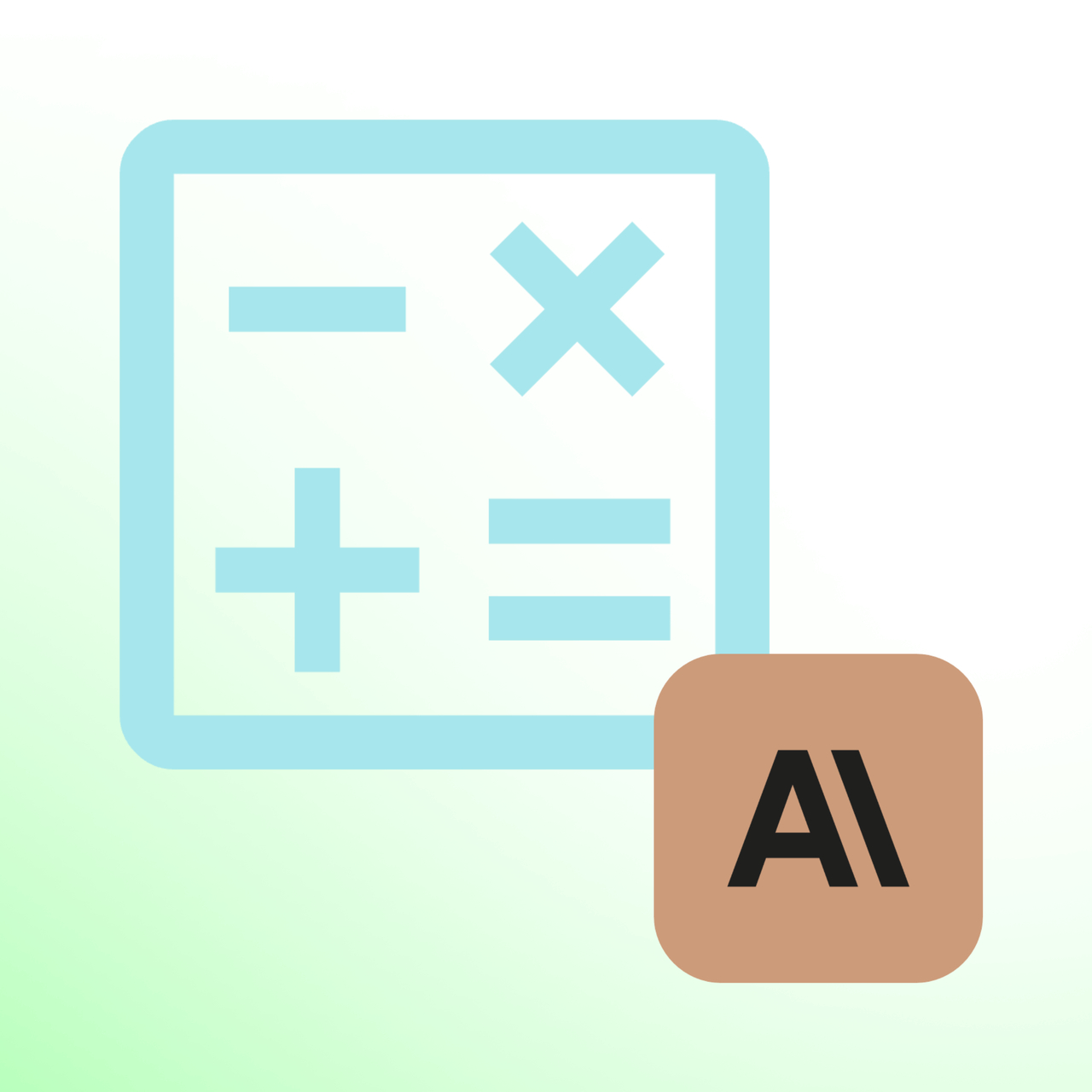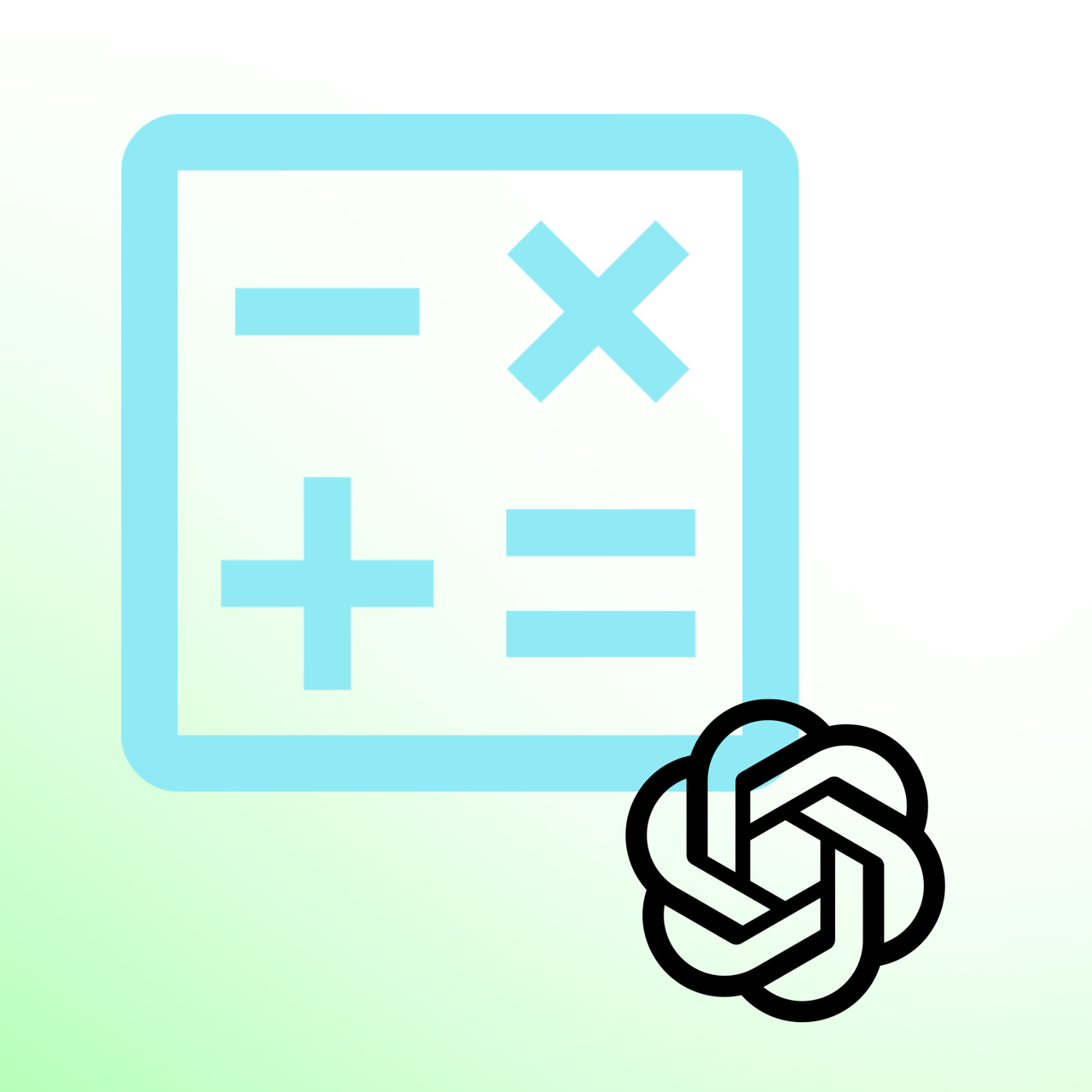.png)

Claude Opus 4 Pricing Calculator








Claude Opus 4 Cost – Compare LLMs & Budget with Confidence
If you just googled Claude Opus 4 cost, you probably need three things right now:
- Exact, up-to-date official pricing of Claude Opus 4.
- A fast way to plug in your own numbers and watch a dollar figure appear before you ship a single line of code.
- Context—how Opus 4 stacks up against familiar workhorses like GPT-4.1, OpenAI o3, or Gemini 2.5 Pro so you can pick the right tool and the right budget.
LiveChatAI’s free Claude Opus 4 Pricing Calculator does the math in real time and automatically compares rival models.
How to Use the Claude Opus 4 Pricing Calculator
Total time: ≈ 2 minutes
Tool: Claude Opus 4 Pricing Calculator (built right into LiveChatAI)
▶️ Opus 4 Cost Scenario:
Imagine you’re building an AI agent for customer support on Shopify. Each session uses:
- 300 words of system + user context (roughly 400 tokens)
- 900 words of assistant replies (≈ 1 200 tokens)
- 20 chatbot turns a day
In other words, forty in-depth customer chats cost less than a latte—and you knew the budget impact before a single merge-request.
Meet Claude Opus 4
Claude Opus 4 is Anthropic’s new peak-performance LLM. Think of it as a deep-work specialist: it keeps reasoning straight for hours, juggles tool calls in parallel, and remembers what matters across thousands of steps.
Why Opus 4 Changes the Game
✅ Built for AI agents, not just chat
Opus 4 is designed around complex, multi-step tasks—perfect for AI agents that need to think and act, not just answer one-off prompts.
⚡ Faster with parallel tool use
It can handle multiple tools at once—like querying a database, running code, and hitting an API—saving valuable time in real workflows.
🧠 Fewer shortcuts, more reliability
Opus 4 reduces "cheating" behavior (like making up fake edits) by 65% compared to Sonnet 3.7, leading to more trustworthy results.
🎯 Easier to control
It follows system prompts more precisely, avoids drifting off-topic, and reliably outputs structured formats like JSON—essential for automation, especially in support workflows or CRM integrations.
Official Claude Opus 4 Token Pricing (May 2025)
Source: Anthropic launch post
* Quick Pricing Notes *
- Tokens ≠ words. One English word ≈ 1.33 tokens; a JSON key might be 2–3.
- No “long context” surcharge. Anthropic bills purely by tokens—you can stuff the full 200 k context window without extra fees.
- Caching is automatic. Same prompt + same user + < 1 hour = 75 % discount. No headers or flags required.
Claude Sonnet 4 vs. Claude Opus 4
Which Claude 4-series model fits your use case best?
TL;DR — When to Use Each Model
- Use Sonnet 4 for fast, budget-friendly conversational AI—great for support chats, sales, or multilingual FAQs. It’s efficient and still nails over 72% of coding tasks.
- Choose Opus 4 when you need top-tier accuracy, long memory, or reliable performance on complex tasks—like CI workflows, code migration, or research that spans thousands of steps.
Pro tip: Many teams use both models together—Sonnet 4 handles everyday chats, while Opus 4 steps in for tough tickets or big coding tasks. With LiveChatAI’s calculator, you can compare their costs side-by-side and plan your usage in seconds.
Claude Opus 4 vs. Other Popular LLMs (2025 Snapshot)
*Gemini 2.5 Pro numbers are “preview” as of 6 May 2025.
✅ When to Choose Claude Opus 4
Use Opus 4 if you need:
- Top-tier coding performance
Scoring 70%+ on SWE-bench, it's the best choice for serious development workflows. - Long, reliable autonomy
Ideal for tasks that take hours—like code migration, in-depth research, or batch operations. - Advanced tool coordination
Great for AI agents that need to talk and take actions, like triggering Shopify flows, Zapier automations, or CRM updates in real time. You can - Working memory
Opus 4 can remember and build on past inputs—helpful for agents that need to follow long-term logic or sprint goals.
🚫 When to Skip Opus 4
Consider other models if you need:
- Cheapest possible classification
For quick, low-cost tasks like routing or sentiment analysis, go with OpenAI o3 or Claude Haiku. - Audio support
Opus 4 only supports text and images. For voice, use GPT-4o. - Ultra-low latency
If speed under 1 second matters (e.g., in live chat), Sonnet 4 or o3-mini are better options. - Transparent reasoning
Opus 4 doesn’t show its full chain-of-thought unless you’re on Developer Mode. If you need visibility, Claude o1 might be a better fit.
Five Proven Tricks to Keep Your Opus 4 Bill Low
- Freeze the system prompt
Load your 1,000-token style guide once—after caching, reusing it is nearly free. - Use streaming + set max_tokens
Cut responses off when you’ve got what you need—don’t pay for long, unnecessary output. - Chunk big documents
Breaking a 180k doc into three 60k chunks is often cheaper—and more efficient—since you can skip irrelevant parts. - Pre-filter with o3-mini
Let o3-mini handle basic triage. Only send high-value queries to Opus 4 to save on input costs. - Run jobs off-peak
Anthropic loosens rate limits after 01:00 UTC—perfect for batching ETL, reports, or analytics at lower cost.
Key Benefits of the Claude Opus 4 Pricing Calculator
✅ Predictable Budgets
Live, line-item pricing for every prompt, reply, and cached rerun—so your AI chatbot never triggers end-of-month bill shock.
✅ Agent-Grade Precision
Benchmark data baked in (SWE-bench, TAU-bench) ensures your GPT-powered workflows stay production-safe.
✅ Smart Spend Safeguards
Automatic caching math, input/output split, and cheaper-model alerts cut costs before you deploy.
✅ C-Suite-Ready Transparency
Share a permalink or CSV that shows exact cents per task—perfect for stakeholder trust and budget approvals.
Who Benefits Most from Our Claude Opus 4 Pricing Calculator?
- Developers & MLOps Engineers – budget coding agents before provisioning GPUs.
- E-commerce Growth Teams – forecast AI chatbot for customer support costs per order or per visitor session.
- Product Managers – compare Opus 4 against GPT-4.1 or o3 in one click, no spreadsheet wrangling.
- Finance & Procurement – audit every API-call assumption with a shareable permalink.
- Agencies & Consultancies – quote fixed-fee AI projects with confidence instead of padding for “token creep.”
More Free Calculators from LiveChatAI
More Free Calculators from LiveChatAI
- GPT-4.1 Pricing Calculator – Plan million-token memory projects on OpenAI’s flagship.
- OpenAI o3 Calculator – Estimate low-latency routing or classification jobs.
- Claude Sonnet 4 Calculator – Price mid-range chat & multilingual Q&A.
- Gemini 2.5 Pro Calculator – Budget massive-context research runs.
- DeepSeek R1 & V3 Calculators – Compare open-weights fine-tuning vs. API cost.
Start Planning Your Claude Opus 4 Costs Today
Ready to predict costs down to the cent—and prove it to your CFO? Try the Claude Opus 4 Pricing Calculator now. Type in your real workload, hit Calculate, and see instant, transparent numbers alongside friendly alternatives. No signup, no credit card, just clarity.
LiveChatAI – powering smarter, cost-aware conversational AI, one token at a time.
All benchmarks and pricing pulled from Anthropic’s “Introducing Claude 4” announcement (22 May 2025) plus publicly available model cards from OpenAI and Google.
Frequently asked questions
- Words are easier to estimate for content-heavy apps (e.g., blog drafts or support replies).
- Characters are ideal for string-based tasks like UI generation or localization. Choose the format that best matches your workflow—we’ll handle the token math.















































